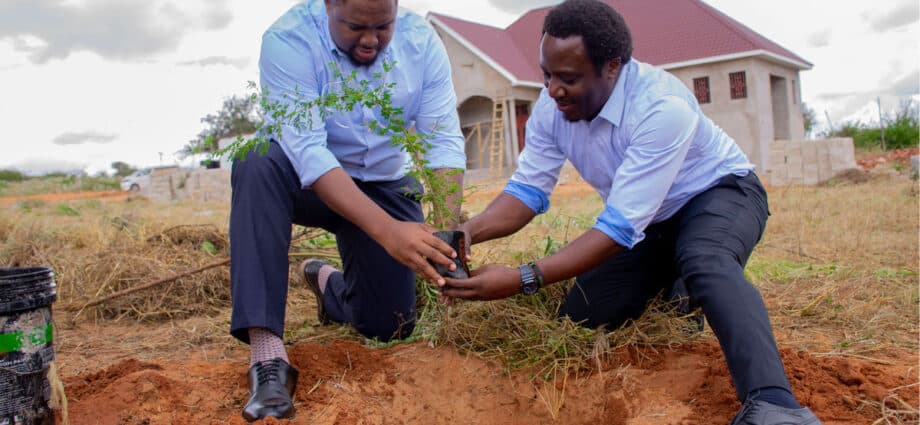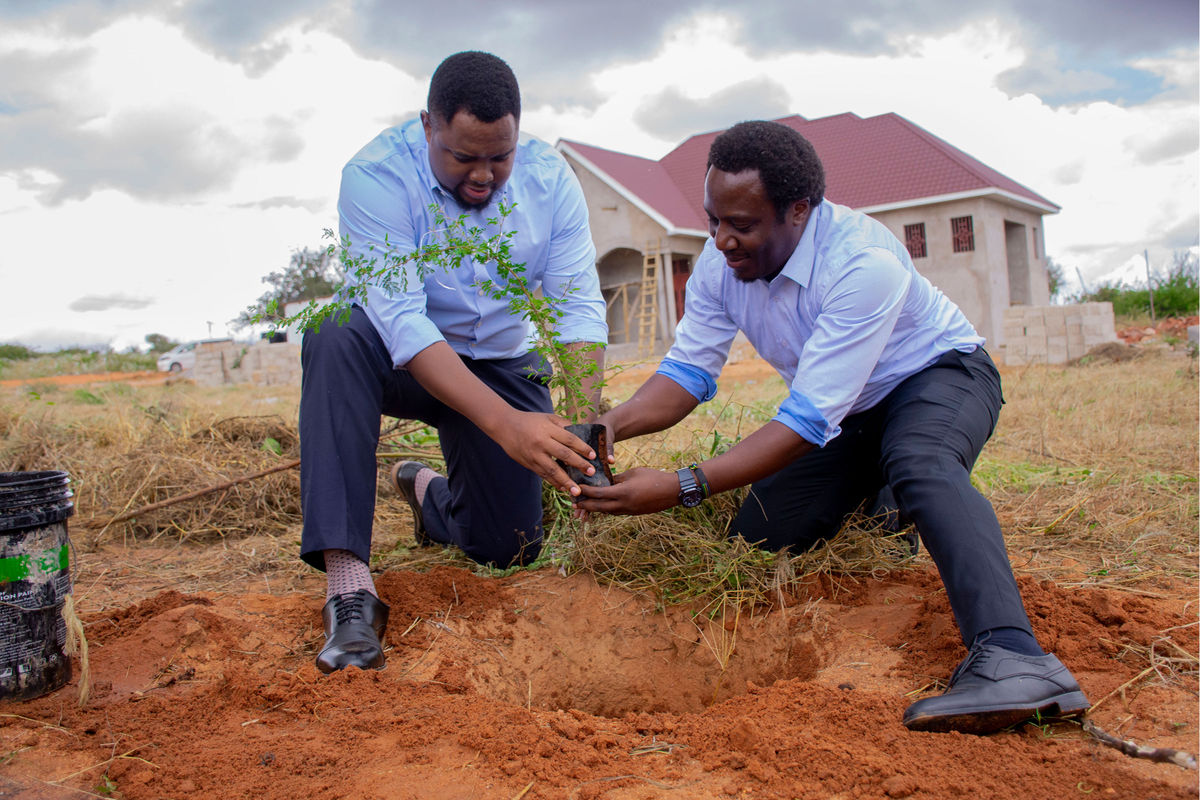By Justice Rutenge and Francis Kiwanga
In 2050 the level of Artificial Intelligence (AI), automation, robotics and nanotechnology will enable people to call things into existence. Kaspersky predicts that by 2045, AI will imitate human intelligence making an “Internet of AI brains,” capable of controlling household devices, driving cars, and providing genomic and predictive healthcare. In light of these expected developments, achieving digital sovereignty by 2050 will be a critical necessity for Tanzania.
But, presently, the living and future people of the global south, who make up the larger majority, are faced with many challenges that make our future bleak. We have inherited a past of colonial extraction, a present rife with climate change, wealth inequality and industrialised war making. And yet, despite the hand, Tanzania is hoping for a better future, maybe not like the one Kaspersky predicts, but one where its citizens are afforded with a free and higher quality education that ensures their prosperity in an automating globe.
In the next 2 years, our country shall not only be selecting a 5-year government but shall also be busy building a Tanzania for its future people. For our current to inspire and dream up (envision) our future, we have to first uproot stigmas, cultural biases and archaic mindsets that can distort our vision.
The Economic and Social Research Foundation (ESRF) assigned a total score of 3 or 60 percent to the Tanzania Development Vision 2025. For the Tanzania Development Vision 2050 – that is ongoing development – to be a resounding success, addressing archaic mindsets, tackling systemic challenges and critically assessing root causes is crucial, as entrenched retrogressive attitudes amongst system players may impede transformative change.
One systemic challenge that must be tackled is the presence of colonially influenced governance systems. Decolonization has to occur within governance by re-examining and dismantling structures, policies, and practices inherited from colonial rule that perpetuate inequalities and marginalisation. Transparency and accountability should be prioritized, including public declaration of assets by policymakers and government executives as a prosperity benchmark accorded to all citizens.
Tanzania’s deep rooted issues require radical solutions including that of being a nation that does not read. On a human level, socio-economic growth requires an intellectually fertile ground for transformational ideas to sprout. A nation that reads, leads. A simple root issue, like an unreading nation, can be eliminated by promoting reading through dedicating national reading hours and this can be achieved through integrating reading campaigns into the education system and implementing them through the ministry in charge & the media. Just like we closed shops to clean our environment during the fifth phase government, we can close our phones and open a book in the sixth phase government and beyond. Derooting this issue can bear a reverberating impact for generations to come.
Tanzania, with 70 percent of its population young, must shift from ageism to intergenerational equity. Combating ageism requires challenging stereotypes and prejudices that discriminate against individuals based on their young age. Fostering intergenerational solidarity and cooperation is key to building a more cohesive and resilient society. Tanzania’s youth are not only the labour force but also are the drivers of technology and innovation. Intergenerational collaboration and mutual respect based on an exchange of know-how and expertise will expand & catalyse the vision of how Tanzania can be.
A populace that reads and is bereft of ageism, coupled with a decolonised government will transform Tanzania from a low to a high-agency society that constitutes of citizens who are informed, empowered and are actively engaging in shaping their communities and nation so as to realise a beautiful future for the children of the land. We have hope, in that we all have the intrinsic abilities needed to remove illiteracy and combat ageism.
As Tanzanians’ hopes for the future are currently being collated into the Vision 2050, the vision has to reverberate amongst the people and bring about a delight for the future. The government has to share this vision with all demographics and ensure that the Tanzanian at the helm of the government is the champion of our country’s vision for 2050. The private sector has to commit to create social value through their economic ventures and with us, the civil society, ensuring that both the public and private remain responsive to evolving citizenry needs.
Most importantly, once the vision is cast, penned and set in stone, it can’t remain on the shelf, but has to be a living and breathing vision so that 2050 arrives. Just as we called it.















